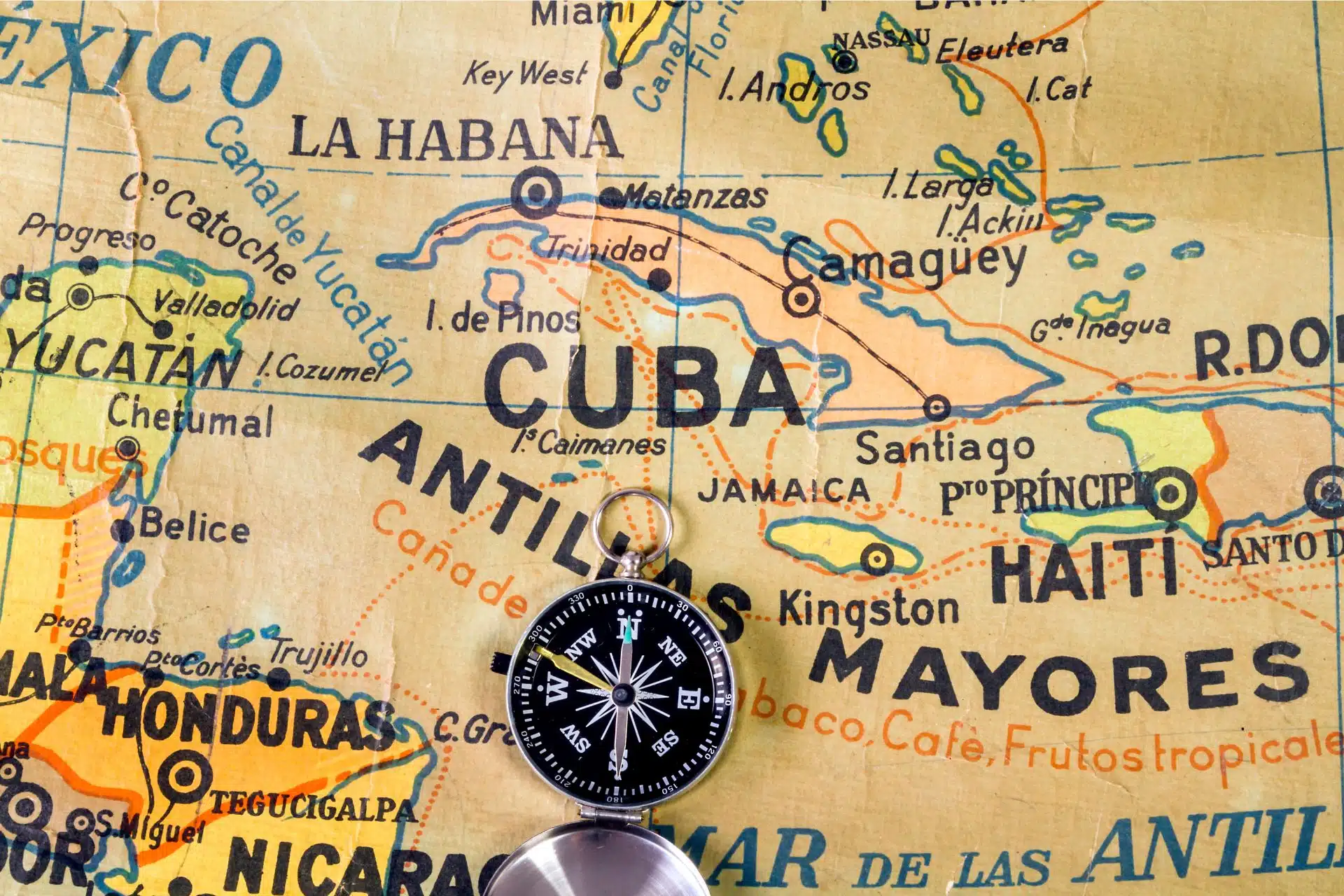The Department of Homeland Security (DHS) announced efforts to streamline Cuban Family Reunification Parole Process (CFRP) and the Haitian Family Reunification Parole Process (HFRP). DHS recognizes the historical challenges of the process due to the complex socio-economic, environmental, and political conditions in Cuba and Haiti. In response, DHS reports updates to streamline the process using technology.
Cuban Family Reunification Parole Process (CFRP)
Originating in 2007, CFRP enables U.S. citizens and lawful permanent residents (LPR) to sponsor their Cuban family members (beneficiaries) for immigrant visas using the I-130 form. After USCIS approves the I-130, the State Department issues a letter of invitation, facilitating the filing of form I-131 for travel authorization to the U.S.
Historically, the beneficiary completes an eligibility interview and medical examination conducted by the U.S. government in Havana, Cuba. Upon approval, travel authorization is granted, allowing the beneficiary to enter the U.S. at a designated point of entry (POE). DHS conducts an interview at the POE to determine parole eligibility. Successful candidates are granted up to a three-year parole period, during which they can apply for work authorization.
What are the benefits of CFRP?
An essential aspect of CFRP is the priority date provided in the approved I-130 petition. Unlike conventional immigration processes, where the priority date may delay status adjustment, CFRP offers Cuban nationals the option of advance parole. This allows them to wait for their priority date to become current within the U.S., along with the ability to work during this period. Despite being subject to potential delays due to country-specific factors, the CFRP remains a helpful option for eligible individuals.
Recent Changes
In response to past challenges, the government reintroduced the issuance of invitation letters last year. This updated program uses increased electronic tools. U.S. citizens/LPRs still initiate the I-130 Immigrant Visa process for Cuban nationals. Once approved, the government provides electronic invitations and instructions for financial support through the online I-134 form. Subsequent steps, such as background checks and medical examinations, pave the way for the beneficiary to travel to the U.S. and request parole at a designated POE.
These modifications eliminate the necessity for in-person beneficiary interviews in Havana. The only in-person components involve medical examinations and parole requests at the POE.
Haitian Family Reunification Parole Process (HFRP)
The HFRP process parallels much of the CFRP, with U.S. citizens/LPRs sponsoring Haitian family members through the I-130 form. After approval, an invitation is issued, permitting the filing of form I-131 for travel authorization.
Historically, the beneficiary attends an in-person interview and undergoes a medical examination in Port-au-Prince, Haiti. Upon approval, the beneficiary is granted entry into the U.S. and can seek parole at the POE. Parole recipients may also apply for employment authorization during this period.
Similar to the revised CFRP process, HFRP involves electronic filings and removes the necessity of in-person interviews in Haiti. The beneficiary’s in-person engagement is limited to medical examinations and parole requests at the POE.
Key Distinction from the Original HFRP
Before 2014, HFRP was accessible only to beneficiaries with approved I-130 immigrant visas that were unavailable prior to December 2014. The updated process extends eligibility to all beneficiaries with approved I-130 petitions, regardless of when USCIS granted approval. The 2014 cut-off date is no longer applicable.
Important Note
For both CFRP and HFRP, beneficiaries must be Cuban or Haitian nationals residing outside their respective countries. They are not required to currently live in Cuba or Haiti.
At ILBSG, our commitment is to support clients with their immigration requirements, guiding them towards the best options and keeping them informed all along the way. If you have inquiries about CFRP, HFRP, or any immigration-related issue, contact us. Our experienced attorneys provide insight and support for each and every client, every step of the way.

